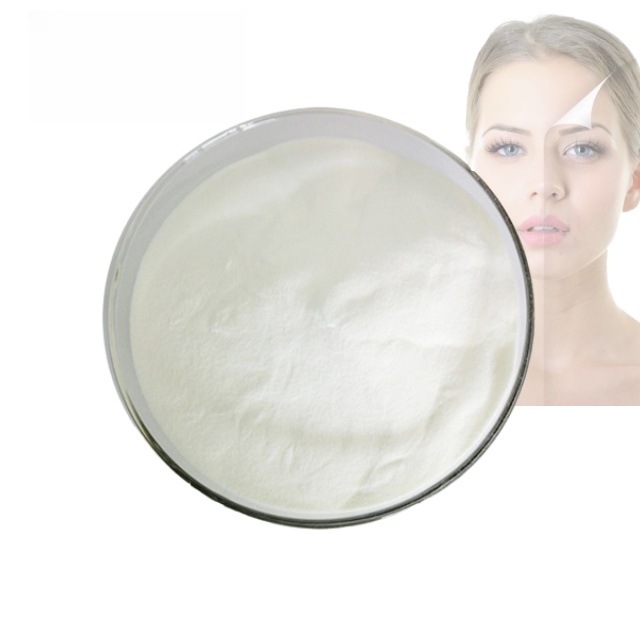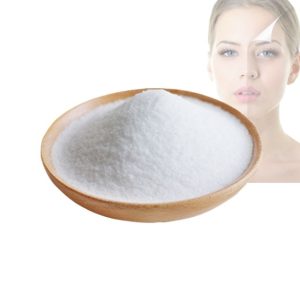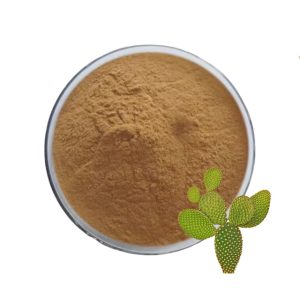Resveratrol is a naturally occurring polyphenolic compound primarily found in grape skins, red wine, grape seeds, berries (such as blueberries and raspberries), and the roots of certain plants (such as Japanese knotweed). It has garnered widespread attention for its various potential health benefits.
Sources of Resveratrol
- Grapes and Red Wine: The most well-known sources of resveratrol are grape skins and red wine. During the winemaking process, the prolonged contact of grape skins with the juice results in a higher resveratrol content in red wine.
- Berries: Some berries, such as blueberries and raspberries, also contain resveratrol.
- Japanese Knotweed: This plant, particularly Polygonum cuspidatum, is a rich source of resveratrol and is commonly used in supplements.
Health Benefits of Resveratrol
- Antioxidant: Resveratrol has potent antioxidant properties, helping to neutralize free radicals, reduce oxidative stress, and protect cells from damage.
- Cardiovascular Health: Research suggests that resveratrol can improve vascular function, lower blood pressure, and reduce the oxidation of low-density lipoprotein (LDL), thereby reducing the risk of cardiovascular diseases.
- Anti-inflammatory: Resveratrol has anti-inflammatory properties that can reduce markers of inflammation and help alleviate chronic inflammatory conditions.
- Anti-cancer: Some laboratory studies have shown that resveratrol can inhibit the growth and spread of cancer cells and induce apoptosis in cancer cells.
- Neuroprotection: Resveratrol may help protect nerve cells, reducing the risk of neurodegenerative diseases such as Alzheimer’s and Parkinson’s disease.
- Anti-aging: Due to its antioxidant and anti-inflammatory properties, resveratrol is believed to slow the aging process and promote healthy aging.
Usage and Dosage of Resveratrol
Resveratrol is commonly available in supplement form, with typical doses ranging from 50 to 500 milligrams per serving. The specific dosage should be determined based on individual health conditions and a doctor’s recommendation.
Safety and Side Effects
Resveratrol is generally considered safe, but high doses may cause some side effects, such as gastrointestinal discomfort, headaches, and rashes. Additionally, resveratrol may interact with certain medications (such as anticoagulants), so it is advisable to consult a doctor before use.
Conclusion
Resveratrol is a polyphenolic compound with potential health benefits, particularly in the areas of antioxidant activity, anti-inflammation, cardiovascular protection, and anti-cancer properties. By appropriately using supplements or consuming resveratrol-rich foods, one can potentially achieve various health benefits.




Reviews
There are no reviews yet.